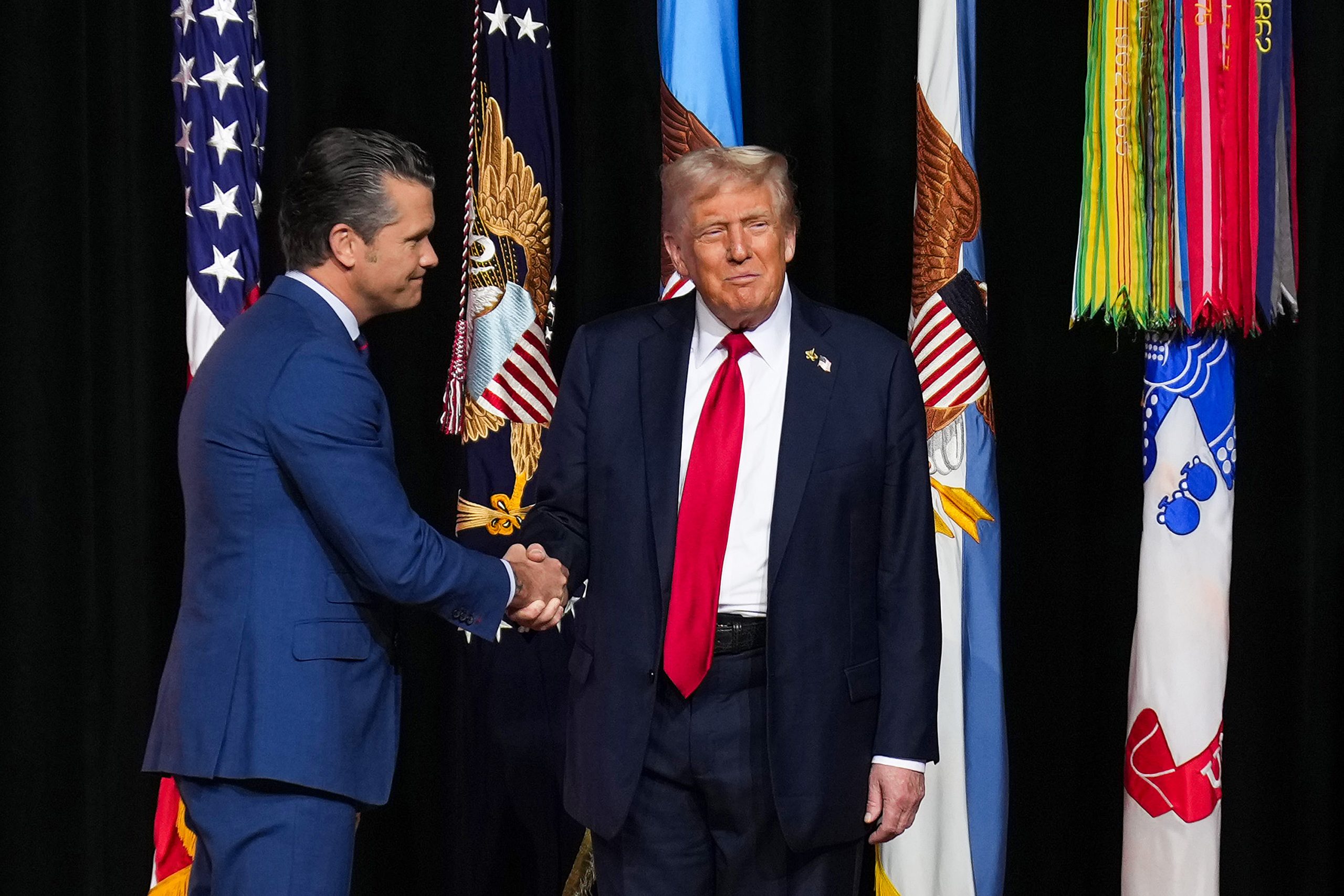Trump’s “Department of War” Sparks Loyalty Test at Quantico
A recent gathering of top military brass at Marine Corps Base Quantico, orchestrated by Defense Secretary Pete Hegseth, has ignited a firestorm of speculation and concern regarding the Trump administration’s approach to the armed forces. The meeting, convened under the banner of the newly rebranded “Department of War,” appeared to many observers as little more than a loyalty test disguised as a strategic briefing.
A Costly Gathering with Murky Objectives
The decision to summon hundreds of generals and admirals from across the globe to Quantico raised eyebrows from the outset. The logistical challenges and associated costs of such a large-scale event prompted many to question the true purpose behind the meeting. The speeches delivered by both Hegseth and President Trump offered little in the way of concrete strategy or groundbreaking announcements. Instead, the addresses largely consisted of familiar talking points, leaving attendees and the public alike wondering if the entire affair could have been handled more efficiently—and less expensively—via email.
“If You Don’t Like It, Leave”: A Stark Message
The underlying message, however, was far from subtle. Trump and Hegseth made it clear that any commanders who harbored reservations about the administration’s direction, particularly the rebranding of the Department of Defense as the “Department of War,” were welcome to seek alternative employment. This blunt ultimatum has been interpreted by many as a blatant attempt to purge the military ranks of dissenting voices and solidify the administration’s control over the armed forces. This raises questions about the future of military independence and the potential for politicization within the ranks. The military is meant to be a non-partisan entity, and such open displays of demanding loyalty to specific political figures could erode public trust and damage the institution’s integrity.
A Dangerous Precedent?
The Quantico meeting, and the message it conveyed, represents a potentially dangerous precedent for the relationship between the civilian government and the military. By prioritizing loyalty over competence and demanding unwavering support for specific policies, the administration risks undermining the professionalism and independence that are essential to a strong and effective military. Whether this approach will ultimately strengthen or weaken the armed forces remains to be seen, but the concerns raised by this gathering are significant and warrant close scrutiny. The long-term consequences of this apparent loyalty test could have a lasting impact on the military’s culture and its ability to serve the nation effectively.
Based on materials: Vox





